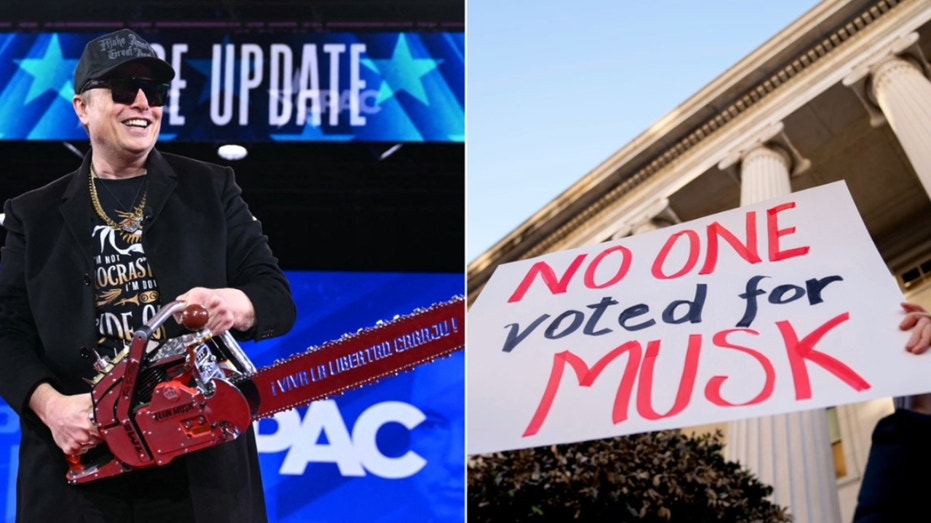Biden Accused of Pressuring Israel into Cease-Fire with Hezbollah
In the midst of a cease-fire between Israel and Hezbollah, some Republican lawmakers are accusing President Biden of pressuring Israel into temporarily suspending the war against the terrorist group. The Israel Defense Forces (IDF) had made significant progress in dismantling Hezbollah’s infrastructure and eliminating its leadership before the cease-fire was announced. However, experts believe that the threat of a weapons embargo from the Biden administration forced Israel to halt its operations. This move has raised concerns about the influence of the Obama-Biden team on U.S. policy towards Israel and Iran.
Israel’s Objectives and Cease-Fire Terms
The IDF’s main objective was to push Hezbollah forces north of the Litani River in Lebanon. Under the terms of the cease-fire, Hezbollah is required to move its forces north of the Litani River. However, there are doubts about whether Hezbollah will comply with this requirement. The Biden administration denies using punitive measures against Israel to bring about the cease-fire, but reports suggest that the threat of a weapons delivery stoppage and a U.N. Security Council resolution played a role in Israel’s decision to accept the cease-fire.
Impact on U.S.-Israel Relations
The Obama-Biden team’s influence on U.S.-Israel relations is a cause for concern among some Republican lawmakers. They argue that Israel was coerced into accepting the cease-fire and that this move undermines Israel’s ability to defend itself and counter Hezbollah. There are concerns that the Obama-Biden team’s framework for U.S. policy in Lebanon, which includes additional aid to the Lebanese Armed Forces, will continue under the Biden administration. This could lead to friction between the incoming Trump administration and Israel.
Hezbollah’s Role in Lebanon
Hezbollah is widely regarded as the de facto ruler of Lebanon, and its influence within the Lebanese government is a major obstacle to change. The Lebanese government has been reluctant to confront Hezbollah, and it remains to be seen if the terms of the cease-fire will be enforced by the Lebanese armed forces and the United Nations Interim Force In Lebanon (UNIFIL). The proliferation of weapons outside of state control in Lebanon, particularly in southern Lebanon, is a violation of U.N. Resolution 1701, which aims to disarm Hezbollah.
Mixed Reactions to the Cease-Fire
The cease-fire has received mixed reactions from residents of northern Israel, who have been forced to flee their homes due to Hezbollah’s rocket attacks. While many are relieved to have a respite from the violence, there are concerns that the terms of the cease-fire do not guarantee their safety. Mayors and local leaders in the affected towns have opposed the cease-fire because they believe it does not address their security concerns. The number of displaced Israelis is estimated to be as high as 100,000 people.
Future Outlook
The future of the cease-fire and the broader situation in the Middle East remain uncertain. The effectiveness of the cease-fire will depend on Hezbollah’s compliance with its terms and the willingness of the Lebanese government to confront the terrorist group. The influence of the Obama-Biden team on U.S. policy towards Israel and Iran is likely to be a point of contention in the coming months, as the Trump administration prepares to take office.



